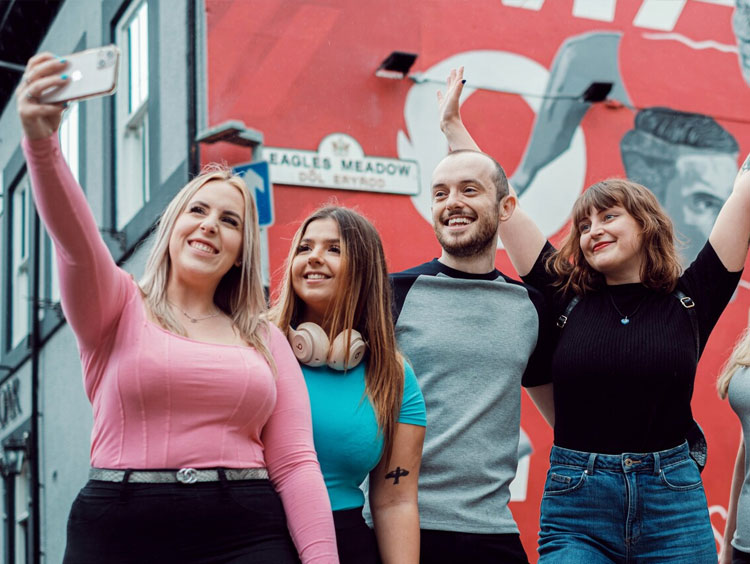
Critical Reflections on Race in Higher Education
Using a critical pedagogical lens, the Youth & Community team at Wrexham investigated the oppressive or power-imbalanced structures within Youth and Community teaching practices. Critical Theory maintains that power is transmitted through dominant societal ideologies, which are often unconscious. By examining our awareness and encouraging open conversation, we can challenge unfair power structures and act to tackle inequality.
Youth Work teachers within higher education hold their own positions of power and have a responsibility to acknowledge the injustice that exists for Black and Brown staff and students and dedicate their personal and professional conduct to undoing damaging, oppressive practices. Consequently, three members of the Youth and Community team attempted to bring the unconscious into conscious awareness by self-reflecting on their department, exploring any facets of structural racism, and acknowledging white privilege.
The team held digital critical reflection sessions within four areas of interest: recruitment and admissions, teaching, learning and assessment, and student support and ‘student voice’. They chose to investigate these areas as they impact the programme structure from the start of a student’s journey and are influenced by the academic team’s power. The participants were the academic research team – two self-identified white middle-class women and one self-identified working-class Brown woman. Using critical reflective conversation, the team attempted to unpick their connections with socio-political contexts to enact social change and to develop personally and professionally as anti-oppressive practitioners. Sessions were recorded and transcribed, and they used a common technique for identifying themes to analyse the data (Braun & Clarke, 2006). Three main themes were identified:
- Raising critical consciousness on issues of race and inequality
This research raised the academic research teams’ critical consciousness and also highlighted the difficulty of enacting change due to paired binaries; there were internal clashes between the ‘Youth Worker’ and ‘academic’ identity, between education being a ‘process’ or a ‘product’, and regarding social justice versus capitalism.
- Challenges faced when deconstructing institutional racism
Attempts to deconstruct institutional racism sometimes led to accusations of ‘reverse racism’, especially from students who felt they did not benefit from ‘white privilege’ due to being disadvantaged in other areas of their lives (e.g., social deprivation, having a disability, or identifying as a certain gender). Being taught to ignore differences can lead to a failure to expose bias and defensiveness; therefore, the challenge is to create a safe space in the classroom to hold these important discussions to deconstruct racism. It’s especially important to ensure that Black or Brown students do not bear the emotional load, alongside the only self-identified Brown staff member.
- Using informal education as a tool for redressing inequalities in higher education
Youth and Community has already made changes to address racial oppression, and they also identified areas for further critical action. It was conceived that everyone should undertake ongoing reflection on power and privilege, that changes ought to be implemented to ensure a commitment to inclusion and equality, and there should be increased support available for Black and Brown students who may need to navigate racial oppression and discrimination encountered through the learning process.
The research led to several key recommendations for improving the practice of the Youth and Community Work programme at WGU and other universities. It is vital to challenge oppressive structures within higher education institutions that disadvantage racial minorities in the UK and especially important that white staff members and students work alongside their Black and Brown friends and colleagues to navigate white privilege and patriarchal systems.



